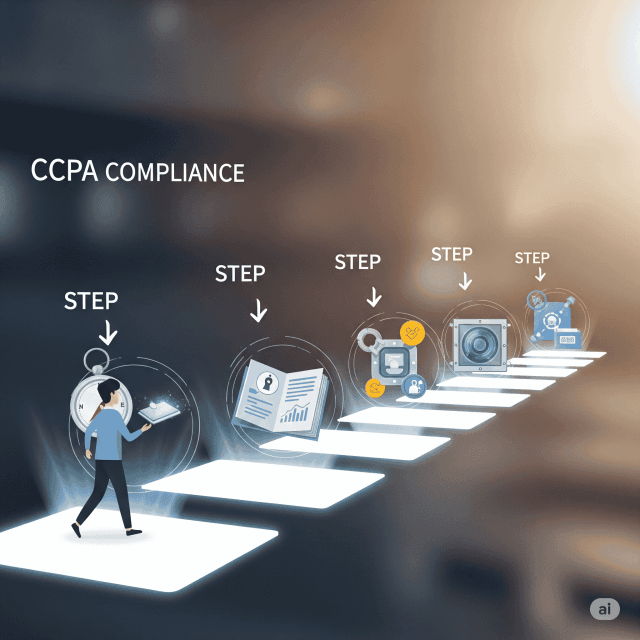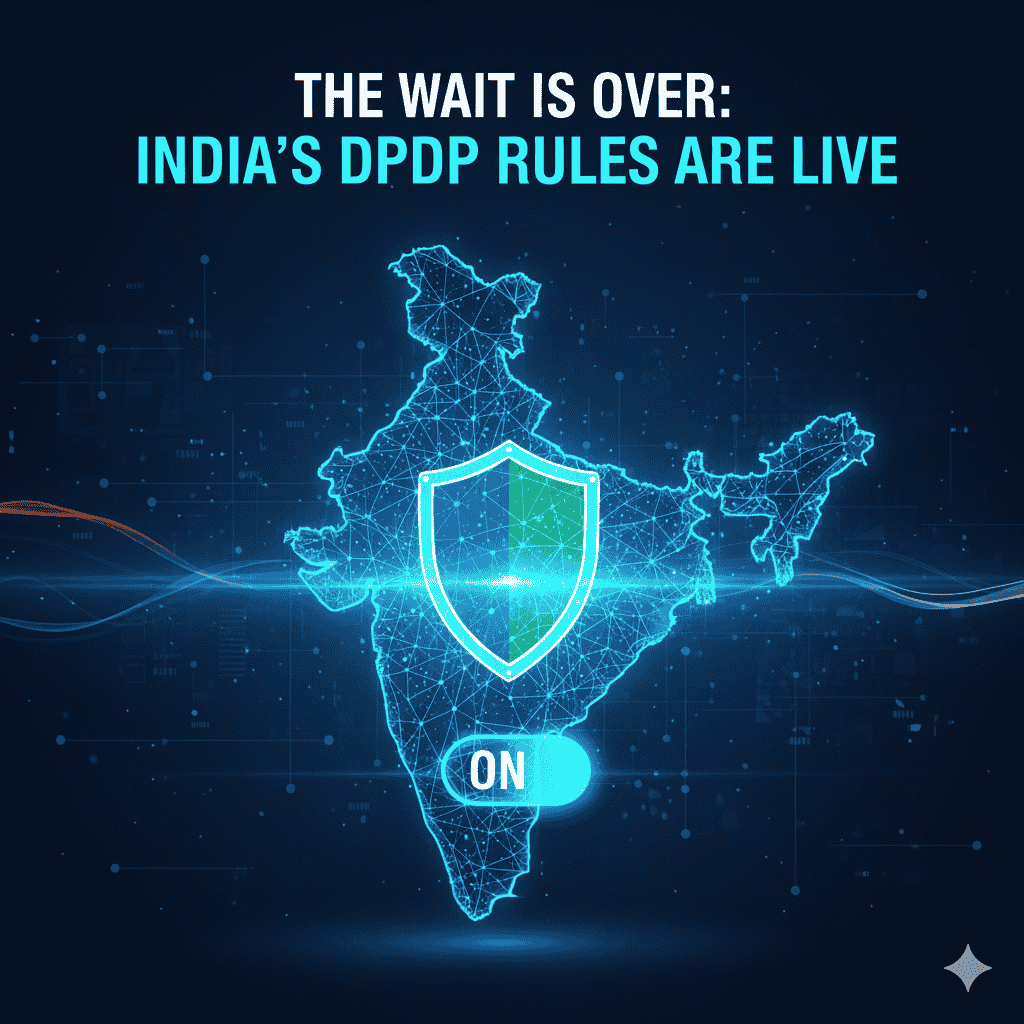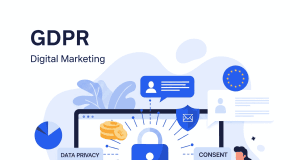The California Consumer Privacy Act (CCPA) has reshaped the landscape of data privacy in the United States since its enforcement in January 2020. The Act protects the personal information of California residents and grants them specific rights regarding their data. As businesses scramble to comply, the need for efficient compliance tools becomes paramount. This article will explore essential tools and strategies for navigating CCPA compliance effectively.
Understanding CCPA Basics
Before delving into compliance tools, it’s crucial to understand the fundamentals of the CCPA:
- Consumer Rights: The CCPA provides consumers with rights to know what personal information businesses collect, the purpose of its collection, and the ability to request deletion of their data.
- Business Obligations: Companies must inform consumers about their data collection practices, establish methods for consumer requests, and maintain adequate security measures.
- Scope: The Act applies to for-profit businesses that collect personal data from California residents and meet specific criteria regarding revenue or data volume.
Key Compliance Tools
1. Data Discovery and Mapping Tools
Understanding what data you have and where it resides is the first step in compliance. Data discovery tools help identify personal information across datasets.
- Examples:
- BigID: Specializes in data discovery and compliance automation.
- Collibra: Offers data cataloging and governance features.
2. Consent Management Platforms (CMPs)
CMPs help businesses manage consumer consent in a streamlined manner, allowing consumers to opt-in or opt-out of data collection easily.
- Examples:
- OneTrust: Provides a robust consent management solution along with privacy impact assessments.
- Cookiebot: Focuses primarily on cookie consent but offers comprehensive privacy features.
3. Privacy Management Software
These comprehensive platforms tackle various aspects of data privacy, from compliance to risk management.
- Examples:
- TrustArc: Offers a suite of compliance tools and privacy assessments tailored to CCPA.
- Jumio: Ensures identity verification aligns with privacy regulations.
4. Data Governance Frameworks
Implementing a robust data governance framework is critical for ongoing compliance. Tools that facilitate data governance ensure that data handling practices meet CCPA requirements.
- Examples:
- Informatica: Provides solutions for data governance that enhance privacy and compliance capabilities.
- Alation: Focuses on data cataloging and governance to streamline compliance efforts.
5. Request Management Solutions
Efficiently handling consumer requests (e.g., access, deletion) is crucial under the CCPA. Request management solutions streamline this process.
- Examples:
- Clytics: Facilitates the management of consumer requests while maintaining compliance records.
- DataGrail: Automates data mapping and consumer requests, simplifying compliance.
6. Security Tools
With compliance comes the responsibility to protect consumer data. Security tools help businesses safeguard personal information effectively.
- Examples:
- McAfee: Provides data protection solutions tailored to meet compliance requirements.
- Symantec: Offers cybersecurity features to protect against unauthorized data access.
Developing a Compliance Strategy
In addition to utilizing tools, businesses should adopt a holistic approach:
- Risk Assessment: Regularly assess your data collection and processing practices for compliance gaps.
- Employee Training: Ensure that staff members are educated about CCPA requirements and data privacy best practices.
- Policies and Procedures: Establish clear internal policies for data handling and consumer request management.
- Documentation: Maintain thorough records of data collection practices, consumer requests, and actions taken to comply with the CCPA.
Conclusion
Navigating the CCPA can be complex, but with the right compliance tools and a solid strategy, businesses can meet regulatory requirements while building trust with consumers. As privacy regulations continue to evolve, adapting and enhancing compliance measures will be vital. By investing in robust compliance tools and fostering a culture of data privacy, companies can not only comply with the CCPA but also protect their reputation in an increasingly privacy-conscious marketplace.








